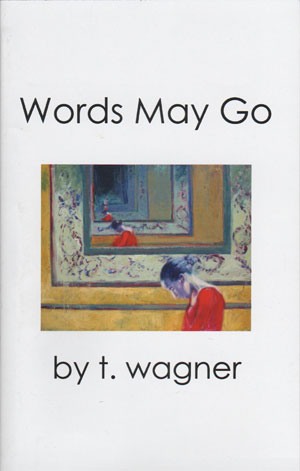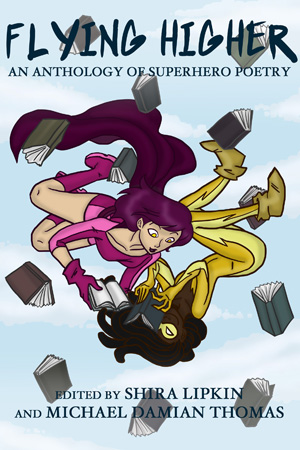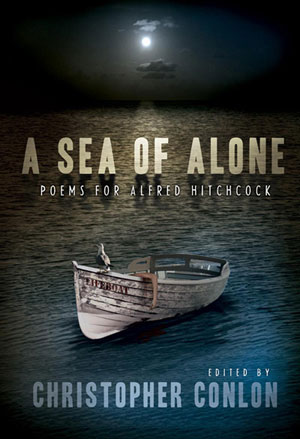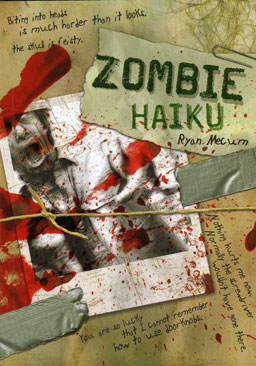Poetry as Balm and Bomb
Words May Go by t. wagner
I’ve reviewed more poetry than I ever thought I would on this blog, but this is the first one without any genre connections.
t. wagner (Yeah, all lower-case. You got a problem with poets with lower-case names?) is a guy I’ve been reading for years and years. He specializes in short poetry, simple but focused like a laser, mostly dwelling on nature and romance. They’re far from flowery, though — stripped-down and spare, letting a minimum of words carry the weight of several paragraphs.
It still gets its way into your heart and your head, though, the way all great poetry is supposed to. It’s very much like someone pitching a brick wrapped in wildflowers through your living room window. It’s got incredible impact and beauty, with a serious punch and power.
Let’s have a quick example. This is wagner’s “Gas can seeks box of matches”:
Single gas can, half full
Seeks box of matchesHolds four gallons and
no illusionsSlightly weathered exterior
Belies volatile personalityEnjoys picnics, long walks and
Spontaneous combustionNonsmokers, though not preferred
Will be considered
Verdict: Thumbs up. It’s full of great poetry, and it’s a fast read, too — but if you’re doing poetry right, you’d better be reading it slow.
I got another motive for reviewing and recommending this. Like I said, wagner’s a friend, and I’d love to see him sell a lot of books, because this book and his poetry really are phenomenal — but it ain’t real easy to order this book right now. It isn’t on Amazon yet, or any of the other online booksellers. Heck, people, you’re gonna have to write a check and put it in an envelope — but it’s worth it, I promise. Do yourself a favor and pick this one up.
Comments off




